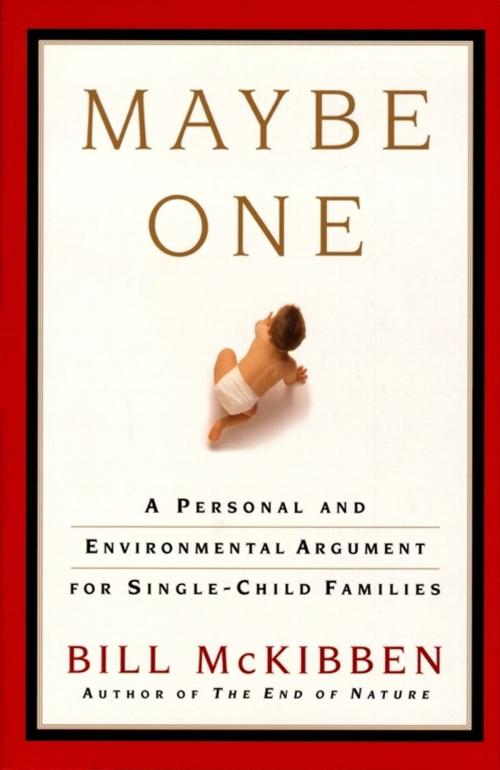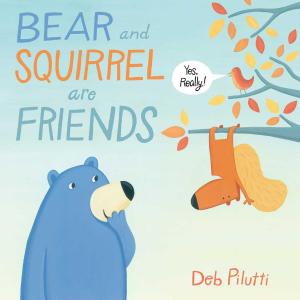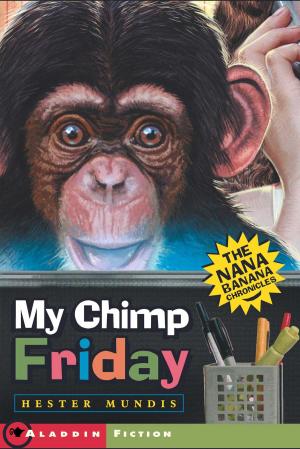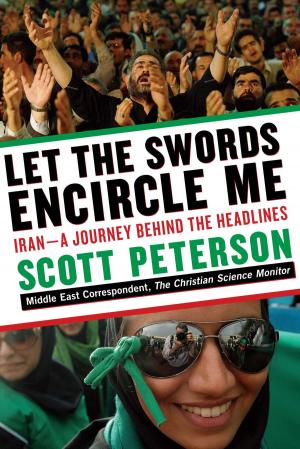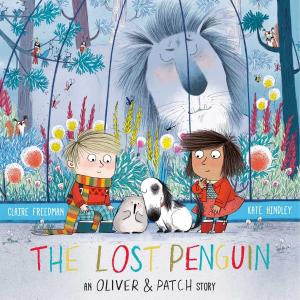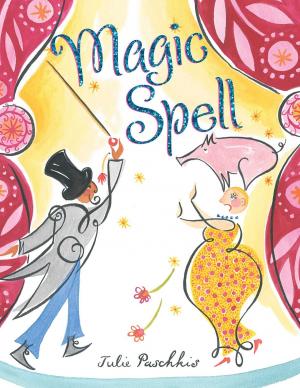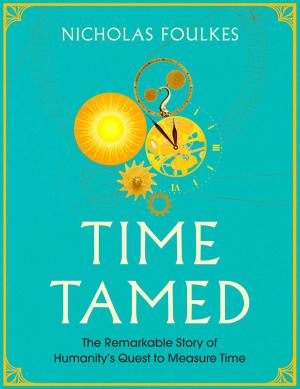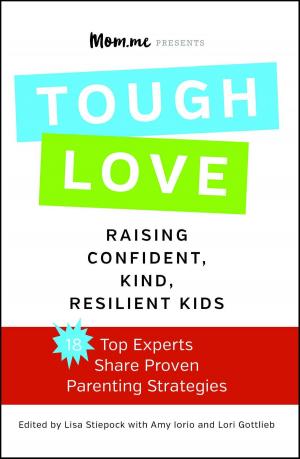Maybe One
A Personal and Evironmental Argument for Single Child Families
Nonfiction, Science & Nature, Nature, Environment, Environmental Conservation & Protection, Family & Relationships, Parenting| Author: | Bill McKibben | ISBN: | 9781476750262 |
| Publisher: | Simon & Schuster | Publication: | June 25, 2013 |
| Imprint: | Simon & Schuster | Language: | English |
| Author: | Bill McKibben |
| ISBN: | 9781476750262 |
| Publisher: | Simon & Schuster |
| Publication: | June 25, 2013 |
| Imprint: | Simon & Schuster |
| Language: | English |
From the groundbreaking, bestselling author of The End of Nature, a controversial and provocative book arguing that to help the planet we should begin to voluntarily limit our numbers.
Bill McKibben's books and essays on our environment -- physical and spiritual -- have shaped and spurred debate since The End of Nature was published in 1989. Then, he sounded one of the earliest alarms about global warming; the decade of science since has proved his prescience. Now, in Maybe One, he takes on the most controversial of environmental problems -- population. We live in a unique and dangerous time, he asserts, when the planet's limits are being tested and voluntary reductions in American childbearing could make a crucial difference.
The father of a single child himself, McKibben maintains that bringing one, and no more than one, child into this world will hurt neither your family nor our nation -- indeed, it can be an optimistic step toward the future. Maybe One is not just an environmental argument but a highly personal and philosophical one. McKibben cites new and extensive research about the developmental strengths of only children; he finds that single kids are not spoiled, weird, selfish, or asocial, but pretty much the same as everyone else.
McKibben recognizes that the transition to a stable population size won't be easy or pain-free but ultimately is inevitable. Maybe One provides the basis for provocative, powerful thought and discussion that will influence our thinking for decades to come.
From the groundbreaking, bestselling author of The End of Nature, a controversial and provocative book arguing that to help the planet we should begin to voluntarily limit our numbers.
Bill McKibben's books and essays on our environment -- physical and spiritual -- have shaped and spurred debate since The End of Nature was published in 1989. Then, he sounded one of the earliest alarms about global warming; the decade of science since has proved his prescience. Now, in Maybe One, he takes on the most controversial of environmental problems -- population. We live in a unique and dangerous time, he asserts, when the planet's limits are being tested and voluntary reductions in American childbearing could make a crucial difference.
The father of a single child himself, McKibben maintains that bringing one, and no more than one, child into this world will hurt neither your family nor our nation -- indeed, it can be an optimistic step toward the future. Maybe One is not just an environmental argument but a highly personal and philosophical one. McKibben cites new and extensive research about the developmental strengths of only children; he finds that single kids are not spoiled, weird, selfish, or asocial, but pretty much the same as everyone else.
McKibben recognizes that the transition to a stable population size won't be easy or pain-free but ultimately is inevitable. Maybe One provides the basis for provocative, powerful thought and discussion that will influence our thinking for decades to come.
